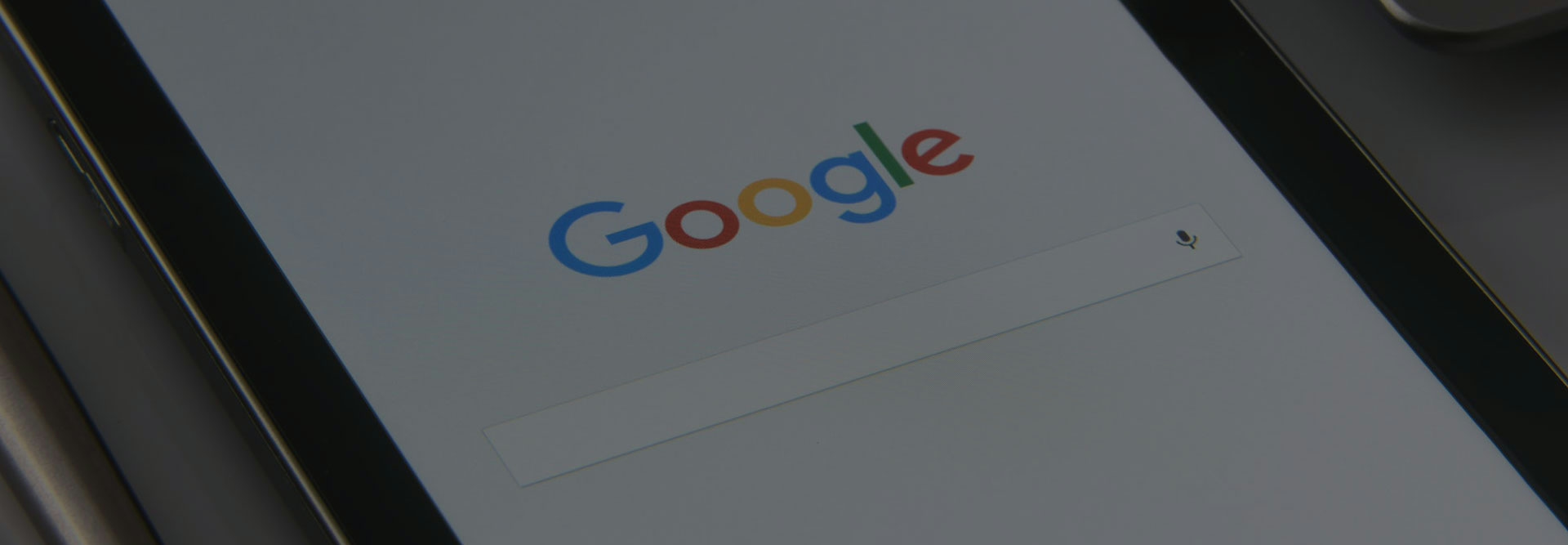October 6, 2022
User Reviews and Their Impact on Businesses: The Case of TripAdvisor & TheFork
The Influence of Online Reviews
Before booking a hotel or restaurant, most people instinctively search the internet for user reviews to assess the quality of an establishment. Platforms like TripAdvisor and TheFork have become go-to resources for this purpose.
TripAdvisor: The Pioneer in Online Reviews
Founded in the early 2000s—before the rise of social media—TripAdvisor has had ample time to evolve, amassing vast amounts of user-generated data and reviews. With over 1 billion reviews in 28 languages across 49 countries, and a database of more than 4 million restaurants, TripAdvisor dominates the online review space.
One major flaw in its system is that anyone can post a review, even if they have never visited the establishment. Despite this, businesses feel pressured to maintain an online presence on these platforms, as “word of mouth” has largely shifted to digital channels.
Search Engine Dominance and Visibility
Platforms like TripAdvisor and Booking consistently appear at the top of search results. This is because they hold extensive directories of establishments, including key search terms such as cities, addresses, and categories (e.g., “restaurant Geneva,” “Asian restaurant Rome”). Their strong SEO strategies, backed by internal teams and agreements with major tech companies (GAFAs), ensure their visibility. Meanwhile, individual restaurants struggle to rank, even if they have well-designed, properly indexed websites.
The Illusion of Objectivity in Reviews
Social media and online reviews often create misleading expectations. Influencers shape trends, and consumers may be disappointed when reality does not match the digital portrayal. Review platforms do not disclose how their ranking algorithms function, making it unclear how reviews influence visibility and success. One certainty is that these platforms rely on user-generated content to sustain their business and maximize revenue through premium reservations and advertising.
TheFork: A Business Model of Commissions
Launched in 2007, TheFork became widely recognised through extensive advertising, particularly on Italian media networks. Now owned by TripAdvisor, TheFork charges restaurants CHF 6 per lunchtime reservation and CHF 8 for dinner, meaning a table of four costs a restaurant CHF 32. Their ultimate goal is profit maximisation, monetising traffic and data while offering promotions like “two meals for the price of one,” which may not lead to long-term customer retention.
The Subjectivity of Ratings
Ratings significantly impact a restaurant’s reputation, yet they remain highly subjective. A humorous but real example includes a negative review for a sushi restaurant because it “served raw fish.” Such instances highlight the inconsistency in user-generated reviews and the potential for misunderstandings.
Alternative Strategies for Businesses
While platforms like TripAdvisor dominate, businesses can regain some control by implementing their own reservation systems and leveraging direct communication. In many parts of the world, particularly small towns, phone reservations remain culturally relevant and allow businesses to offer flexibility and personalized service not available through third-party platforms.
A strong business, whether a restaurant or an e-commerce site, is validated by customer loyalty. Direct engagement with customers remains crucial in building and maintaining this loyalty.
Social Media and Digital Marketing: A Double-Edged Sword
Many businesses turn to social media platforms like Instagram, Facebook, LinkedIn, and YouTube to increase visibility without paying for advertising. However, organic reach is unpredictable, and businesses often resort to paid ads. Platforms like Facebook promise high reach for a given budget (e.g., CHF 300 for exposure to 100,000 people), but there is no guarantee of genuine interest or conversions.
TripAdvisor’s premium subscription (CHF 600 per year) offers additional features such as highlighted reviews and storyboard displays, but this raises ethical concerns. Is it genuine advertising or just another way to manipulate visibility? Ultimately, no amount of advertising can compensate for a poor-quality establishment.
The Parallel Market: Fake Reviews for Sale
The control exerted by these platforms has given rise to a black market for fake reviews. Businesses can purchase well-crafted, “verified” reviews for around CHF 14 each, artificially inflating their reputation.
The Uber Case: Algorithmic Manipulation
Uber and Uber Eats workers, classified as independent contractors under Swiss law, also experience manipulation through algorithms. New drivers initially receive a high volume of bookings to keep them engaged, but over time, waiting times increase, and empty runs become more frequent. Customer ratings shape a driver’s career, yet Uber prioritizes optimized performance over fairness. The ultimate goal is to maintain a workforce that functions efficiently within the constraints of their system.
The Need for Digital Awareness
Consumers and businesses alike need greater digital awareness to navigate the modern marketplace. Understanding how platforms manipulate visibility, rankings, and user behavior is crucial. Digital literacy and security should be integrated into public secondary education to prepare future generations for a digitally dominated world.
By recognizing the challenges posed by online review platforms and search engine algorithms, businesses can adopt strategies that foster genuine customer engagement while minimizing dependence on third-party platforms. In the digital world, critical thinking and informed decision-making remain vital tools for both consumers and businesses.
